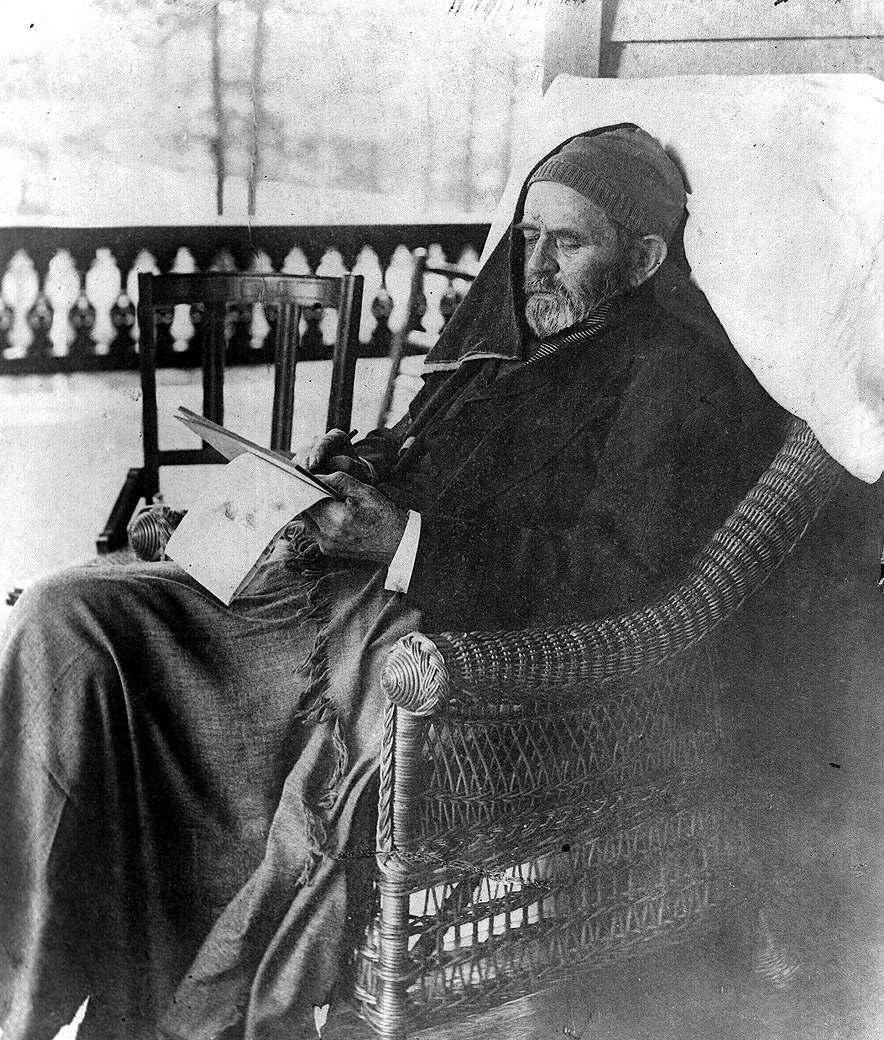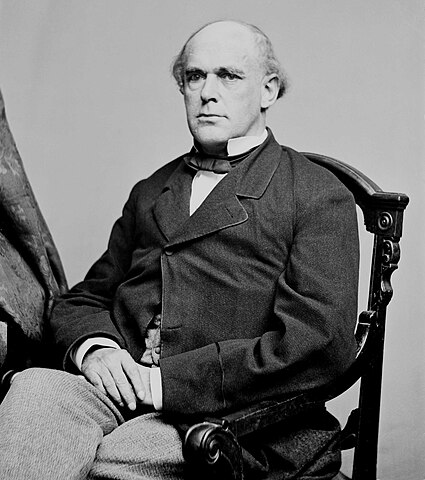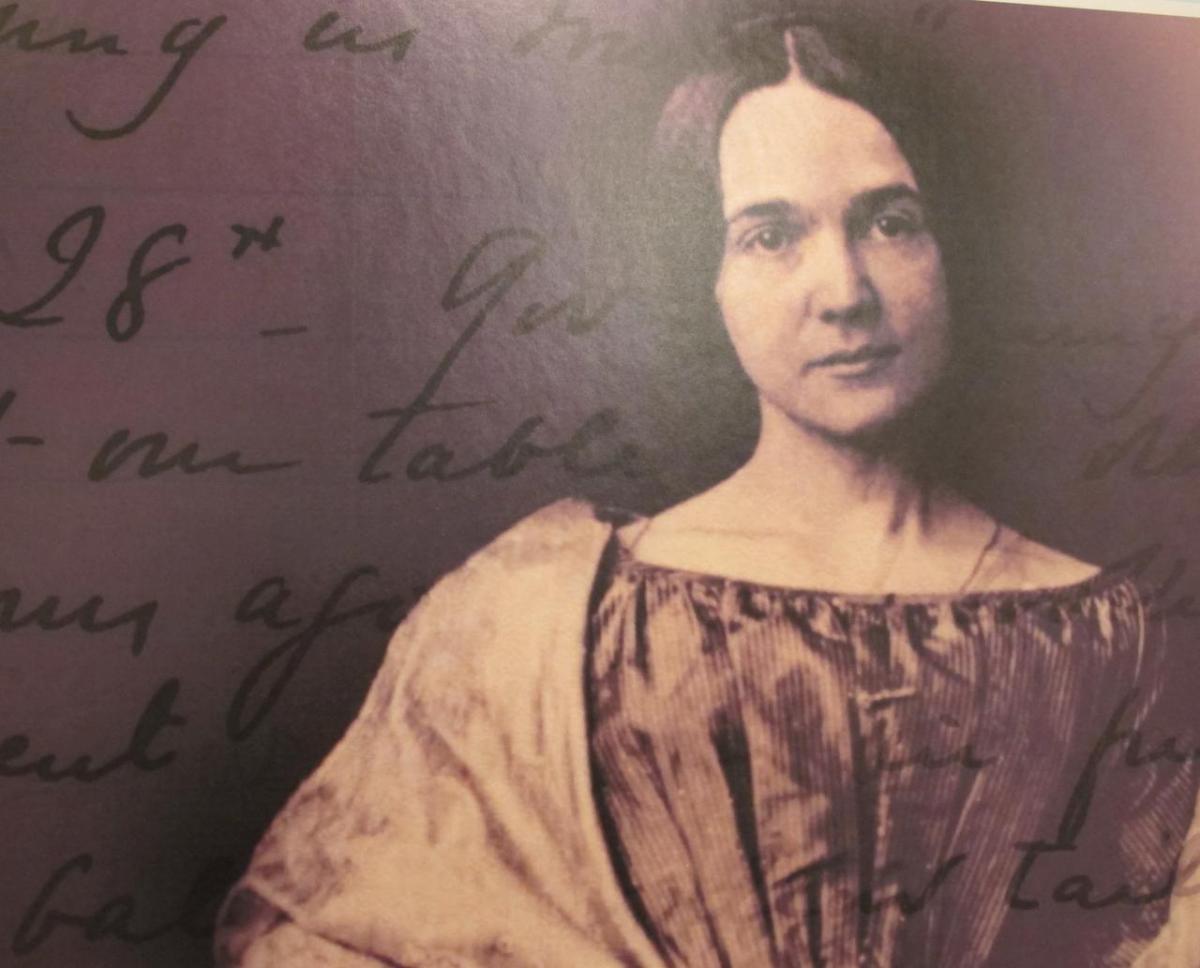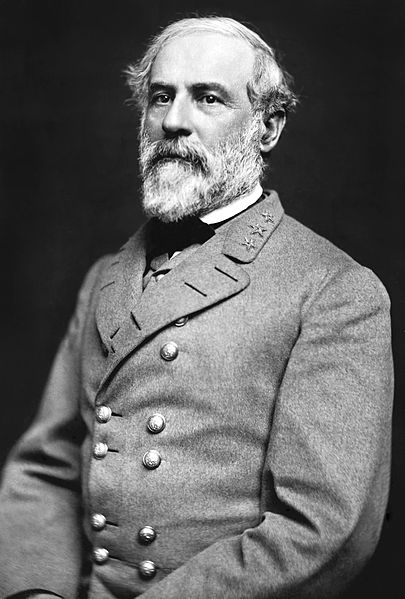Alan J. Sissenwein on “Judson ‘Kill Cavalry’ Kilpatrick: One of the Worst Civil War Generals”
The Civil War produced some of our nation’s greatest heroes. Union general Judson “Kill Cavalry” Kilpatrick, a cavalryman, was not one of them. As a battlefield commander he was abysmal; as a human being he was repugnant. Nevertheless he was part of Civil War history. Alan will chronicle the life and misdeeds of one of the Civil War’s worst generals and greatest scoundrels.
Alan Sissenwein has been a longtime active member, and is now vice president of, the South Bay Civil War Round Table. He is currently writing the second draft of a non-fiction book on the Battle of Fredericksburg.




